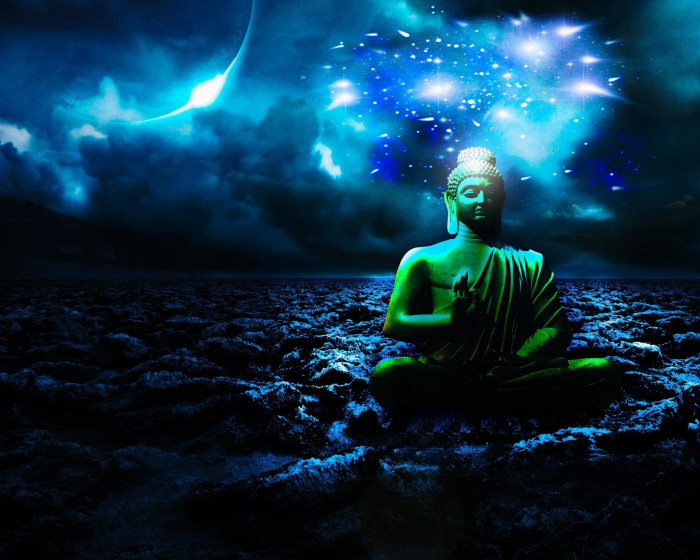IS YOGA NIDRA AND MEDITATION THE SAME?
I’m sure that you have probably heard and maybe even tried out yoga nidra and meditation
At a basic level, yoga nidra is conscious sleep or sleep with awareness and os often simply called “yoga sleep” or “yogic sleep”. It is a systematic method of guiding our awareness from the external to the internal, the physical to the subtle. It moves through the five koshas or “sheaths”. The koshas are the annamaya kosha (the physical body), the pranamaya kosha (the energetic body), the manomaya kosha (the mental body), the vijnanamaya kosha (the wisdom body), and the anandamaya kosha (the bliss body).
This process of moving inward shuts down the thinking mind and into a state of pratyahara . Pratyahara, known as the practice of sense withdrawal, is the fifth limb of Patanjali’s ashtanga yoga. And yoga nidra provides a systematic approach to withdraw our awareness. In yoga nidra we disengage the parts of our mind that are linked to sense perception. The only sensory input we keep “open” is the auditory channel and perhaps a little “feeling”.
To me, yoga nidra is a passive practice of awareness and receptive consciousness. It doesn’t matter if your mind drifts off. It doesn’t matter if consciousness falls away and the subconscious comes forward. The practice still works, so there is no need to force your awareness. With the mind quiet and receptive, the thoughts pause and we enter a state of pure consciousness (even if it’s just for a moment or two). In this receptive state, it is possible to work with healing old samskaras that no longer serve us and by using a sankalpa we can create new, healthy samskaras.
And finally, yoga nidra slows down our brain waves and helps us enter a space of deep rest. In a way, I think of yoga nidra as a game of “follow the leader” for the brain because the practitioner guides the entire experience. The mind doesn’t work to maintain focus, it’s just “follows the lead” of the teacher.
On the other hand, meditation has become a bit of a blanket term for any practice that helps us gain insight and awareness. It’s important to realize that meditation practices span many different traditions and lineages, so it’s a bit challenging to compare yoga nidra and meditation.
However, especially when meditation is a brand new practice, it requires effort, there is basically no effort in yoga nidra, except to not fall asleep. Meditation is an active practice of training the mind to one-pointed focus, whether that’s a mantra, an object like a flame, your thoughts, your breath, or something else entirely. With this intention, the mind is brought back to the object of meditation when it loses focus and “wanders off”.
Yoga nidra and meditation both have numerous benefits and the two practices complement one another well. As a matter of fact, scientists on multiple continents are studying these two ancient practices and finding that they reduce stress, improve sleep, relieve menstrual discomfort and so on.

